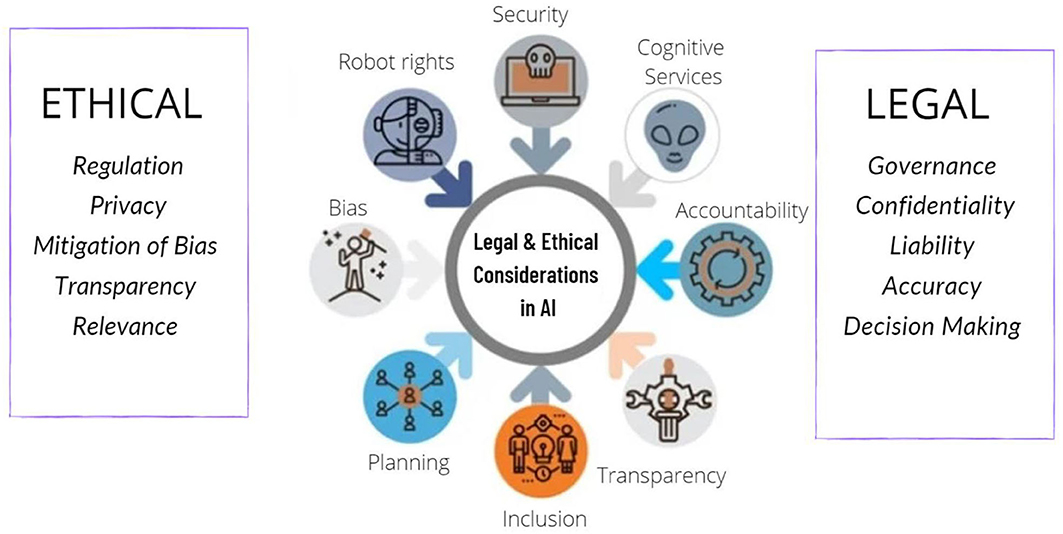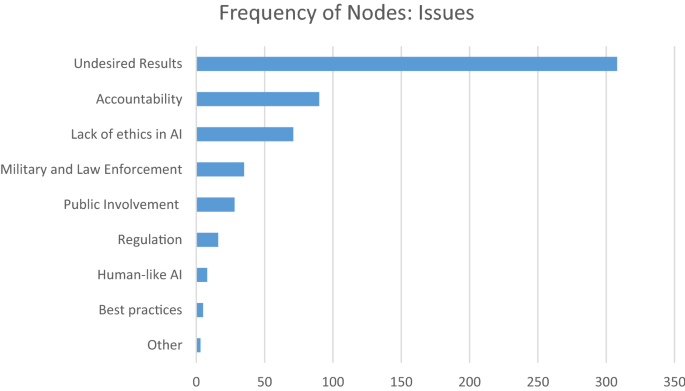This Research Changed AI Forever
Over the past few years, the field of artificial intelligence (AI) has experienced a remarkable surge in innovation and breakthroughs. Just half a decade ago, the landscape was vastly different, with the concept of a newsletter dedicated to AI news seeming unnecessary. Fast forward to today, and it's a different story altogether, with each passing day bringing a wave of new advancements and updates.
This week, Sam Altman, the visionary behind OpenAI, made a profound statement regarding Chat GPT-4, referring to it as "the dumbest version of AI we will ever use again." The rapid ascent of this particular program is nothing short of astonishing, underscoring the impact of one individual's research on the AI domain.

The Revolutionary Study
In 2020, Jared Kaplan, a respected theoretical physicist affiliated with Johns Hopkins University, conducted a groundbreaking study that reshaped the AI landscape. His research conclusively resolved a longstanding debate in the field by demonstrating that there are no diminishing returns associated with the amount of information used to train AI models. In essence, the more data available for training, the more refined and proficient the AI becomes.
This pivotal discovery has transformed the methodologies employed in AI training, with data emerging as the primary factor determining the quality of AI output. Kaplan's research prompted a swift response from major tech companies invested in AI development, triggering a frenzied race to amass vast quantities of information.
The Data Dilemma
As tech giants scrambled to bolster their AI models with extensive datasets sourced from platforms like Wikipedia and Reddit, a key challenge became apparent. The unrestricted extraction of data from online sources raised concerns regarding copyright infringement and intellectual property rights.

Research conducted by the Epoch Institute warns of a looming shortage of high-quality data by 2026, highlighting the urgency for sustainable data acquisition practices. In a bid to circumvent restrictions, industry leaders such as Google, Meta (the parent company of Facebook), and OpenAI have resorted to unconventional methods like transcribing copyrighted content from podcasts and videos to enrich their datasets.
The Data Dilemma
While this aggressive pursuit of data has accelerated AI advancements, it has also sparked ethical debates and legal disputes. Instances like the lawsuit filed by Sarah Silverman against OpenAI underscore the contentious nature of data acquisition practices in the AI arena.

Kaplan's research has underscored the pivotal role of data in enhancing AI capabilities, prompting industry players to prioritize data acquisition above all else. The race for superior AI has transformed data into a prized commodity, raising concerns about its sustainability and ethical implications.
As the AI landscape continues to evolve, questions linger regarding the long-term viability of current data acquisition strategies and the potential repercussions for copyright regulations. The transformative impact of research in shaping AI's trajectory serves as a testament to the profound influence of data on technological advancements in the modern era.




















